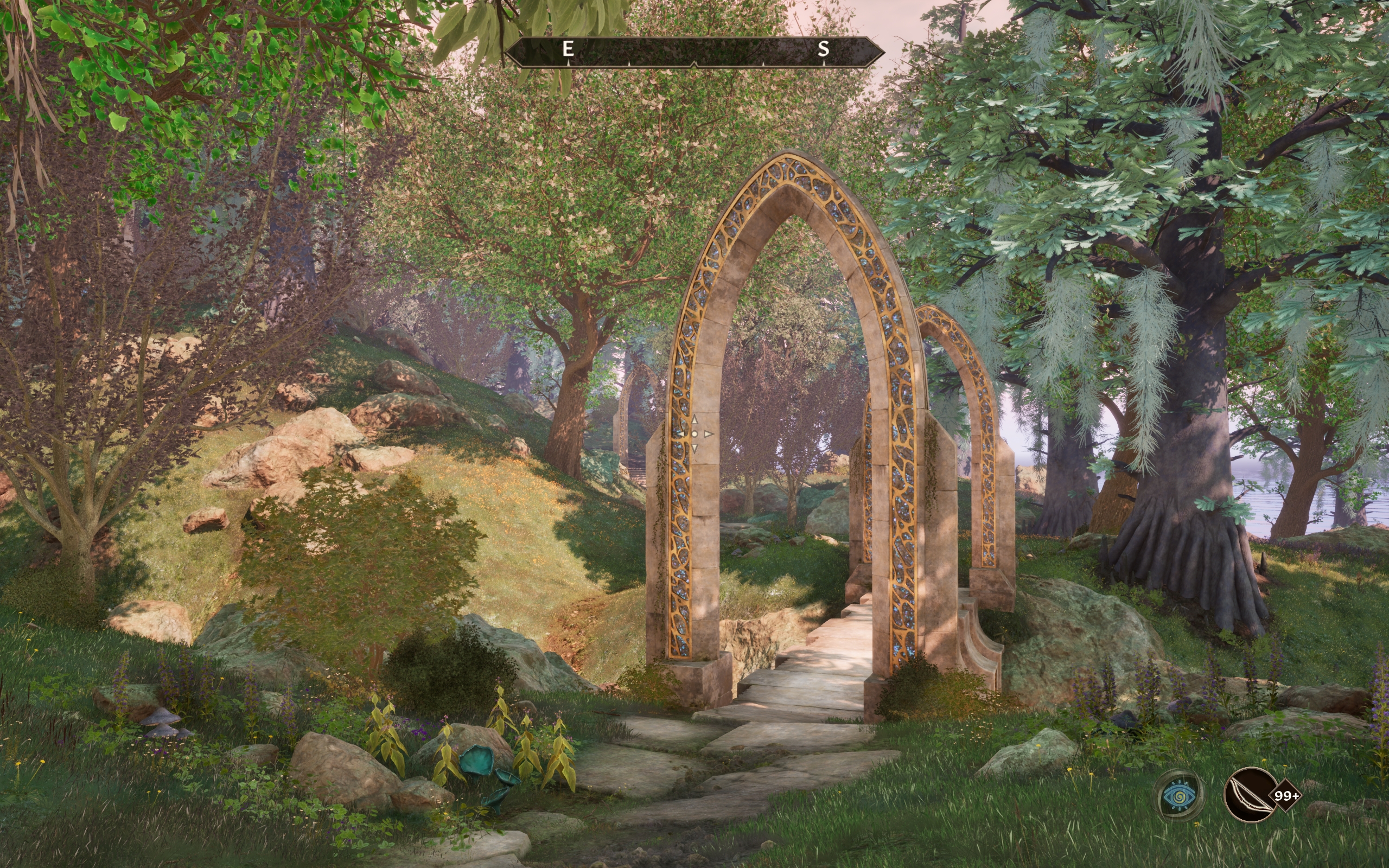EMTs thought teen was dead after finding him in -15 weather... what happened next was the stuff of nightmares

The family of a Wisconsin teen whose body was sent to a morgue while he was still alive have told of their anguish amid a decade-long fight for justice. The parents of Jake Anderson, who died at the age of 19 in December 2013, won their first damages over the tragedy last month but there are still unanswered questions overhow events unfolded. The freshman at the University of Minnesota was found frozen by the side of the Mississippi River late one night after going to a party earlier in the evening. He left the event to walk some girlfriends home and was not seen again until a photographer discovered him slumped over on his front near the Stone Arch Bridge. The temperature at the time was 15 degrees below zero and when paramedics arrived on the scene they quickly decided that the teenager had frozen to death. The first responders are accused of making a crucial error, according to the Star Tribune. A firefighter checked for a pulse under his arm before paramedics, who had authority over the scene, decided he was 'obviously dead.' The 'obviously dead' determination is typically only used in situations such as when a body has been hit by a train, but the paramedics that day decided it based on a 'visual assessment' from 15 feet away from Jake's body. It was later found that Jake was still alive at the time, but his heartbeat and breathing had slowed significantly. His heartbroken parents Bill and Kristi Anderson have been fighting for justice ever since, claiming the first responders allowed their son to die when he could have been saved if they had acted quicker. Last month the Andersons were awarded $6.4 million in damages, but the ruling was not held against the first responders who treated Jake. Rather they won a claim against their former attorney, Robert Hopper, who they had hired to fight a wrongful death lawsuit. It was decided by Hennepin County Judge Edward Wahl that were it not for Hopper's legal malpractice, the grieving parents 'would have been successful in the underlying wrongful death action' they planned to sue. Their original lawsuit cited several defendants including the city of Minneapolis, Hennepin County, the Minneapolis Police Department, the Minneapolis Fire Department and HCMC Ambulance Services, claiming a litany of errors unfolded as they tried to save Jake's life. 'We were wronged by so many entities in this endeavor,' Kristi told the Star Tribune. On the night their son died it was found that the crucial decision to declare Jake 'obviously dead' before his heart stopped led to paramedics never attempting the usual lifesaving measures. Jake was never transported to hospital and after his body was left in the cold for hours an expert analysis concluded that he died at the morgue. Experts said that in similar situations where a person is found with severe hypothermia, medical professionals should try and slowly warm the body back to normal temperatures, which can bring back a slowed heartbeat and breathing. 'He laid there in zero-degree weather for three hours,' Bill said. His wife added that first responders 'didn't even turn him over.' 'They left him laying on the pile of rocks where they found him and didn’t even give him a fighting chance to survive,' Kristi said. Investigators are still mystified at what happened to Jake, with one theory positing that he was attacked as he walked home because he had defensive wounds. There were drag marks in the snow around his body, his shoes and coat were off, but surveillance cameras were turned off in the area and there was no forensic evidence pointing to a suspect. After discovering the litany of errors, the Andersons paid a $5,000 retainer for Hopper's services as they planned to launch a wrongful death lawsuit. They said they initially had confidence in Hopper as he was a respected attorney with 40 years of experience fighting similar cases and taught law at the University of Minnesota, their late son's former college. Hooper's law firm investigated the case for over a year and the Andersons said they were made aware that the statute of limitations would expire on December 15, 2016. They said Hopper told them they had a viable wrongful death claim on July 12, 2016, and would have a suit ready to file on September 1. That date was delayed several times, and Hopper only eventually filed the suit seven days before the statute of limitations would have run out. Two months later, as they waited for news on when the civil action would be heard, a paralegal at Hopper's firm contacted them with a logistical question that revealed the lawsuit would never see the light of day. They asked if either Bill or Kristi had taken steps 'to be legally appointed as administrator, executor or trustee of Jake's estate' - a key factor in a wrongful death suit that they say Hopper never even mentioned. A day later, the defendants named in the suit filed to dismiss it in court because the Andersons were 'not court-appointed wrongful death trustees.' Although Hopper attempted to amend the lawsuit, the missing filing essentially killed their hopes, and in March 2018 a judge dismissed all their claims because the statute of limitations had expired. Hopper subsequently lost his law firm and turned over his law license after he was hit with a legal malpractice lawsuit. Hopper did not challenge the ruling against him.


















